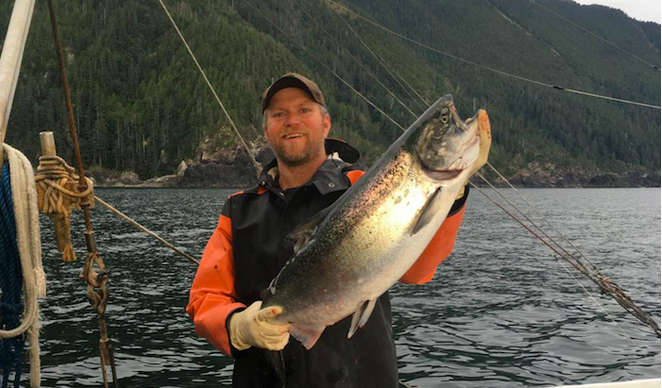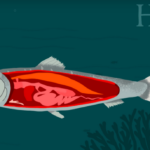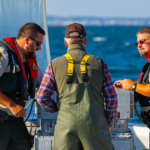When Campbell River fisher Joel Collier couldn’t get a hot shower after he and his cousin delivered a load of halibut in Prince Rupert last summer, the hard reality hit him: B.C.’s independent small-boat fishery will disappear unless drastic action is taken.
“I can’t imagine what we would do if those services disappeared, yet that is exactly what we are seeing happen in other coastal communities”
Melissa Collier
Canadian Fishing Co., possibly the largest single licence and quota holder in the B.C. industry, had closed the showers and laundry services as a cost-cutting measure. Down at the government wharf, the showers were closed indefinitely.
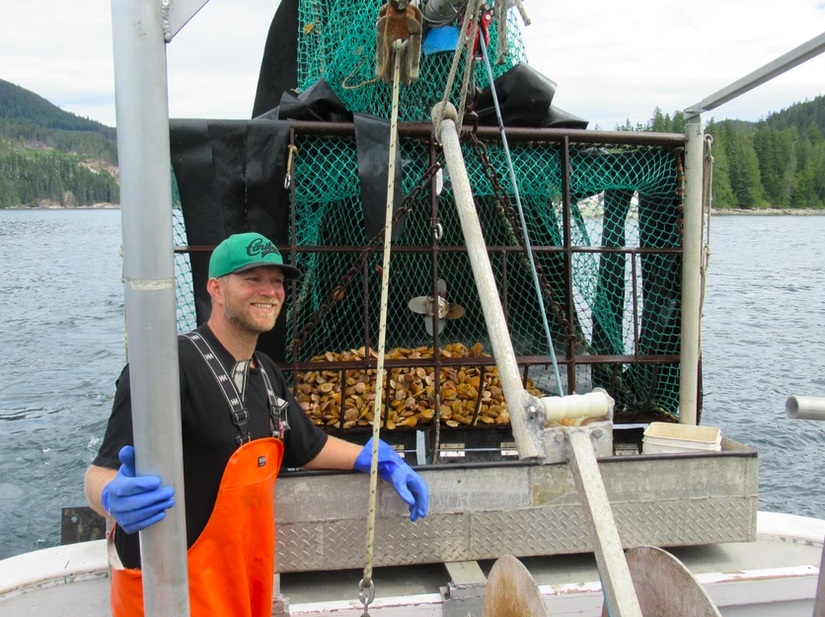
Photo Credit: West Coast Wild Scallops.
If Collier wanted a shower, he’d have to rent a room.
It was a wake-up call for Collier’s wife, Melissa, his partner in a fourth-generation family fishing business that harvests shellfish, prawns, and salmon, that B.C.’s industry is in deep trouble.
“Each year, we have to work harder than the last,” she says. “We have positioned ourselves in a coastal community that has the services and shore business that we need, whether that be fishing gear, mechanical services, boat yards, marine electronics, even just having a fuel dock.”
“I can’t imagine what we would do if those services disappeared, yet that is exactly what we are seeing happen in other coastal communities,” she explained, where shipyards are closing and marine hardware stores now increasingly focus on recreational boaters.
“We take a lot of pride in producing the highest value seafood that we can.”
Melissa Collier
The Colliers, who own and operate the Lisa Jess, have defied that trend by building new products and close ties with their customers. Joel took over his father’s business in 2015, and the Colliers created a new wild scallop fishery to supplement sales of salmon, prawns, and crab direct to consumers.
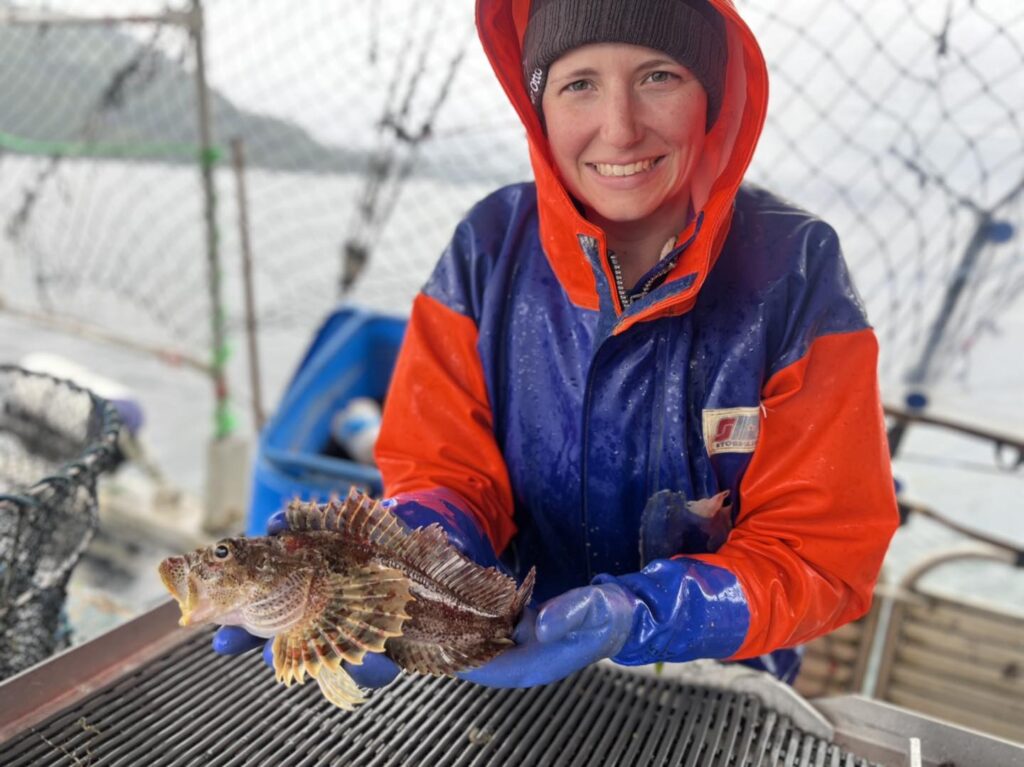
“We take a lot of pride in producing the highest value seafood that we can,” says Melissa Collier. “It means a lot to us knowing each person or business in our community gets value from our seafood.”
She told her story to 200 delegates at the recent Fisheries for Communities conference in Victoria.
Melissa Collier blames a federal management regime that allows foreign and corporate interests to accumulate licences and quota, squeezing out independent harvesters.
“More and more fishers our age are getting out of the industry, and investors are staying at home and just hiring crew. How is that even allowed?”
Melissa Collier
As large fish corporations increase their control over B.C. fisheries, independent harvesters find it harder and harder to raise the money to buy a licence or lease access to fish.
Older fishers cash out to retire, younger harvesters can’t afford to buy in, and the downward spiral accelerates.
Fewer boats in a coastal community force the shipyard to close, marine suppliers pull back, and high school graduates move away to find work.
Then the shower is closed.
The halibut fishery is “a real-life example of how fisheries support Prince Rupert,” Collier says, “but more and more fishers our age are getting out of the industry, and investors are staying at home and just hiring crew. How is that even allowed?”
“We want our children to be fifth-generation fishermen should they choose to be. But to achieve any of this, we need healthy coastal communities and a healthy, sustainable fishing industry.”
Melissa Collier
She believes the solution can only come from an overhaul of the Pacific licensing regime to bring it closer to the system in Atlantic Canada, where independent fish harvesters are supported and corporate interests regulated.
That “owner-operator” approach was unanimously endorsed by the House of Commons Standing Committee on Fisheries in 2020 and approved by the Fisheries for Communities Conference in Victoria. It has full support from Coastal First Nations.
“We want our children to be fifth-generation fishermen should they choose to be,” Collier told the conference. “But to achieve any of this, we need healthy coastal communities and a healthy, sustainable fishing industry. I think everyone in this room wants this. For this to happen, licences and quota must be owned by fishermen, women, and families.”


